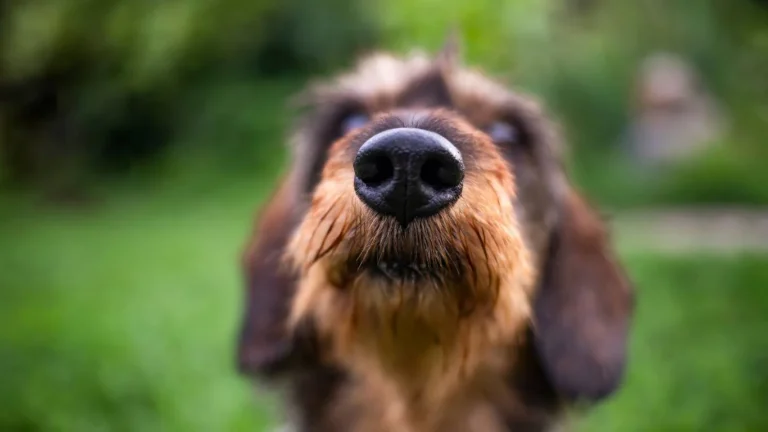What to Do If Your Dog Starts Snoring Suddenly: Essential Tips to Help
So, you’re lying in bed and suddenly hear what sounds like a tiny chainsaw buzzing from your dog’s crate. Yep—your pup is snoring! If you’re anything like me, that sound instantly makes you sit up straight and wonder: what to do if your dog starts snoring suddenly? I remember the first time I heard Max, a 7-year-old Lab mix I was helping care for, snore out of the blue. It wasn’t cute or funny—it was kind of alarming. As someone who’s worked closely with veterinary professionals and focused heavily on pet nutrition, I’ve seen this pop up more often than most people think. Snoring can mean anything from something harmless like a weird sleeping position to a warning sign of something bigger going on. So let’s break it down together.
Is Sudden Snoring in Dogs Normal?

First off, let’s be real—dogs snore. Some dogs snore their whole lives. But the key word here is suddenly. If your pup has never snored before and now sounds like a cartoon grandpa sawing logs every night, it might be time to pay closer attention. Dogs, like people, can experience changes in health that show up in subtle ways, and snoring is one of them.
In my experience, about half the cases I’ve seen of sudden snoring are due to something simple, like a change in sleeping posture or even seasonal allergies. But the other half? It’s often something that needs a vet’s eye. Think inflammation, weight gain, or even respiratory issues. I once met a Pug named Luna who started snoring after switching to a grain-heavy kibble—turns out, she had a mild food sensitivity that was causing nasal swelling. Who knew?
Common Causes of Sudden Snoring in Dogs
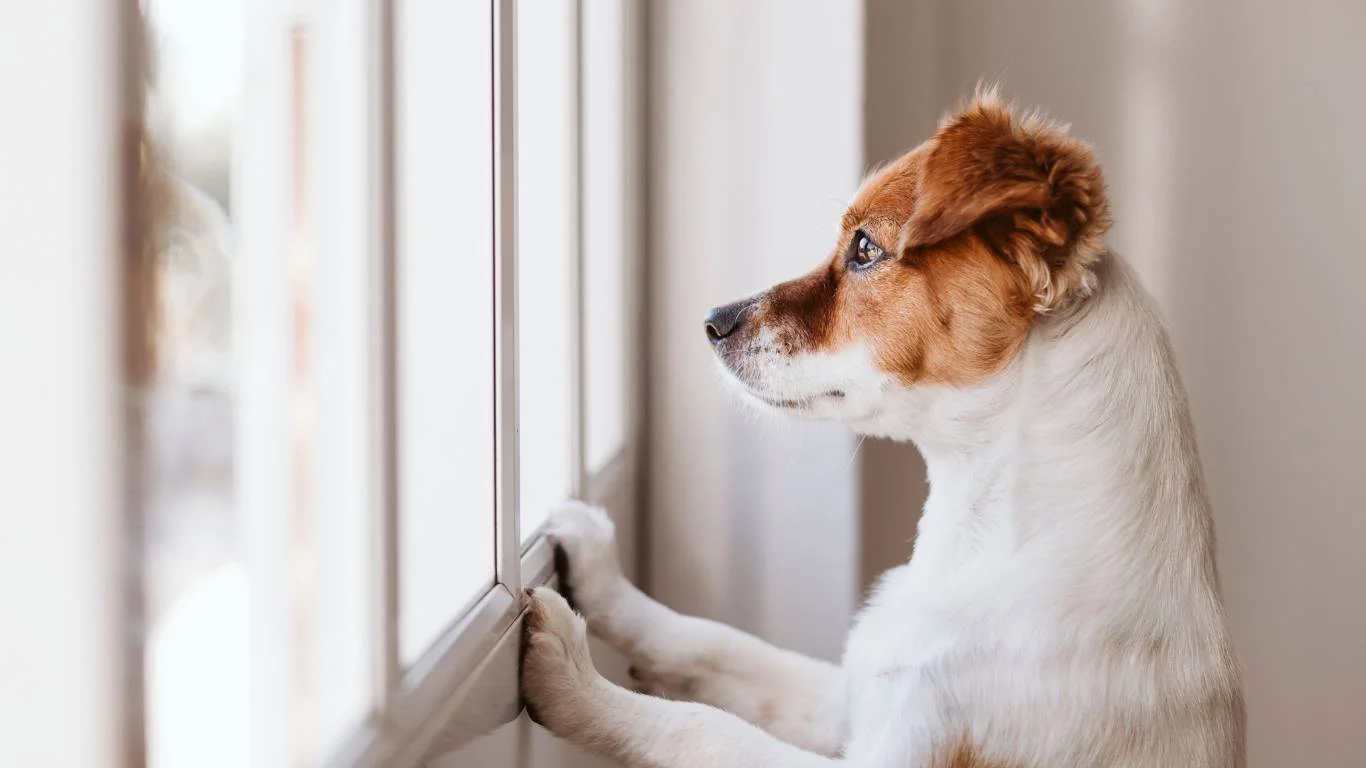
1. Weight Gain
This one sneaks up on a lot of pet parents. Even just a couple of extra pounds can lead to fat deposits around a dog’s throat area, narrowing airways and triggering snoring. I’ve seen it firsthand—a sweet Beagle named Chloe gained just 4 pounds, and her peaceful naps turned into loud sleep sessions overnight. If your pup’s gotten a bit fluffier lately, it might be time to reassess portion sizes and food choices.
2. Allergies & Environmental Irritants
Spring rolls around and BAM—your dog’s nose sounds like it’s full of pebbles. Seasonal allergies are real, and they don’t just cause itching or sneezing. Inflammation in the nasal passages can make breathing noisy, especially at night. Common culprits include:
- Pollen
- Dust mites
- Mold spores
- Candles or air fresheners (seriously!)
I always tell pet owners to treat their homes like hypoallergenic zones if their dogs are sensitive. Switch to fragrance-free cleaners and vacuum often with a HEPA filter.
3. Respiratory Infections
Another biggie. Just like us, dogs can catch colds or develop sinus infections. Kennel cough, for example, can create all kinds of odd breathing sounds, including snoring. One of the Doodles I worked with had a low-grade infection that didn’t show any signs—except for snoring. A quick trip to the vet, some meds, and she was quiet again by the weekend.
4. Sleeping Position or Location
Weird but true—sometimes your dog’s new snore is just because they’ve started sleeping in a funky position. If their neck is cranked, or they’re buried in blankets, air might not flow smoothly. Try gently adjusting their head or giving them a firmer pillow (yes, orthopedic dog beds are a thing—and they’re awesome).
5. Nasal Obstruction or Polyps
This one’s less common, but I’ve seen it a couple times, especially in older dogs. A polyp or growth in the nasal passage can cause blockage and noise during sleep. If your dog’s snoring is accompanied by nosebleeds, discharge, or snorting when awake, don’t wait—get them checked ASAP.
What to Do if Your Dog Starts Snoring Suddenly (And When to Worry)

So, now that we’ve covered the “why,” let’s get into the “what now.” If you’re wondering what to do if your dog starts snoring suddenly, here’s where I usually recommend starting:
- Observe & Take Notes: Jot down when the snoring started, how often it happens, and any other changes in behavior, appetite, or breathing.
- Check Their Sleep Setup: Look at their bed, pillow, and sleep position. Try shifting things to see if that makes a difference.
- Evaluate Their Diet: If you’ve recently changed foods or noticed weight gain, that could be contributing. I always suggest checking for fillers or potential allergens in the ingredient list.
- Monitor for Other Symptoms: Coughing, nasal discharge, or fatigue? It’s vet time.
- Schedule a Vet Visit if Needed: Don’t hesitate. It’s better to get peace of mind than wait until something more serious develops.
When Snoring Signals Something More Serious
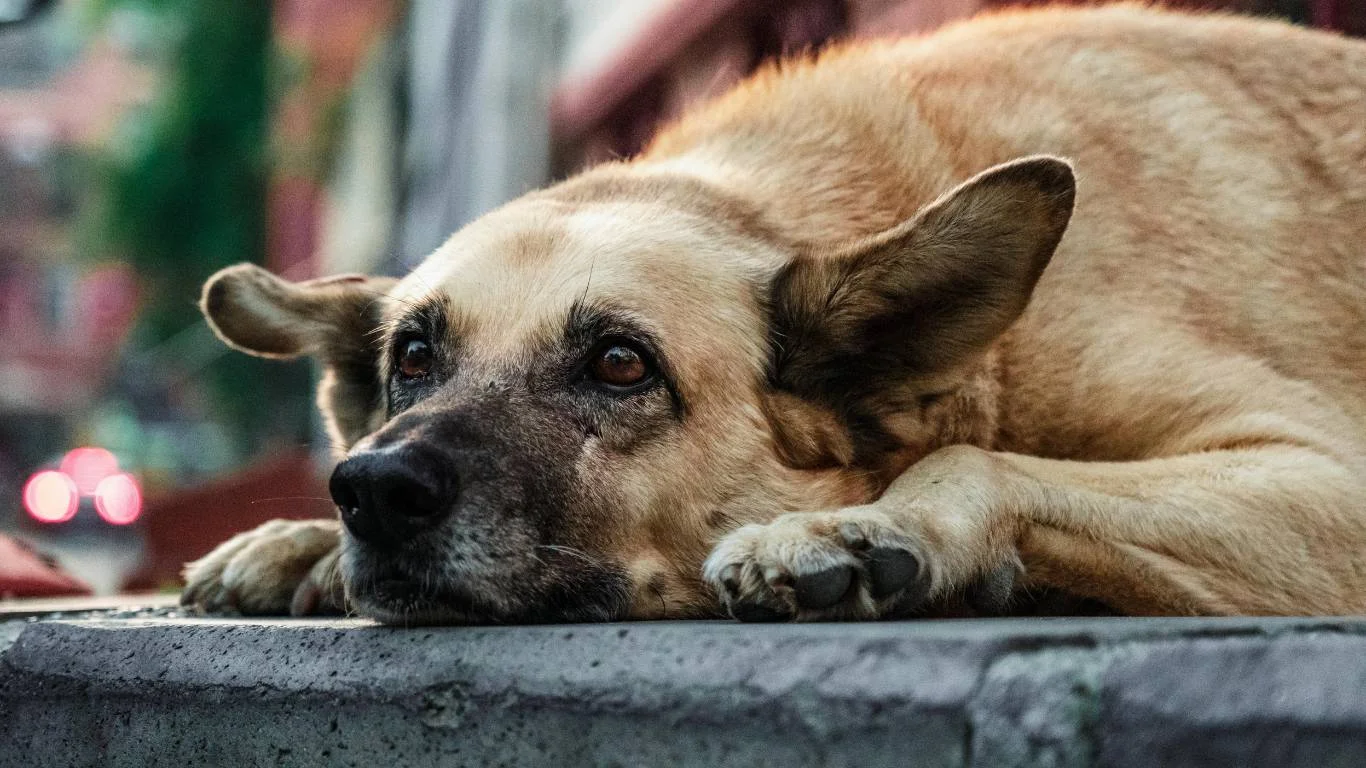
Here’s the thing—most of the time, snoring isn’t a big deal. But every once in a while, it’s your dog’s way of waving a red flag. I remember a senior Bulldog named Oscar who came into the clinic because his snoring had become almost constant, even during short naps. His owner assumed it was just breed-related, but something felt off. After a thorough checkup, we found early signs of laryngeal paralysis—something that could’ve become dangerous if ignored.
If your dog’s snoring is paired with any of these symptoms, please don’t wait:
- Struggling to breathe while awake
- Excessive panting without heat or exercise
- Blue or pale gums (oxygen issue—serious business!)
- Coughing, especially at night
- Unusual fatigue or reluctance to play
These aren’t just quirky habits—they can be signs of airway obstruction, collapsing trachea, or even heart problems. That’s why working alongside a trusted vet, especially one who knows your dog’s health history, is key. And if they recommend a referral to a specialist? Go for it. Getting ahead of a diagnosis could save your pup’s life.
What Vets May Look For During an Exam

If you decide it’s time to bring your pup in for snoring concerns, here’s a peek at what typically happens—just so you’re not walking in blind. We’d usually start with a full physical exam. The vet will listen to the chest and lungs, inspect the nasal passages, and ask a bunch of questions about your dog’s routine.
Depending on what they find, they might recommend:
- Bloodwork – To rule out underlying health conditions.
- X-rays or CT scans – Especially if something structural (like a mass or collapsed airway) is suspected.
- Endoscopy – A small camera used to explore the nasal cavity or throat area.
- Allergy Testing – If chronic inflammation or seasonal snoring is suspected.
In my nutrition-focused role, I’ve also seen how inflammation tied to food sensitivities can quietly wreak havoc on a dog’s respiratory system. I once worked with a Terrier mix named Harley who snored due to chronic nasal inflammation triggered by beef protein. A simple diet change made a world of difference—seriously, the snoring vanished within two weeks.
How Diet Plays a Role in Sudden Snoring
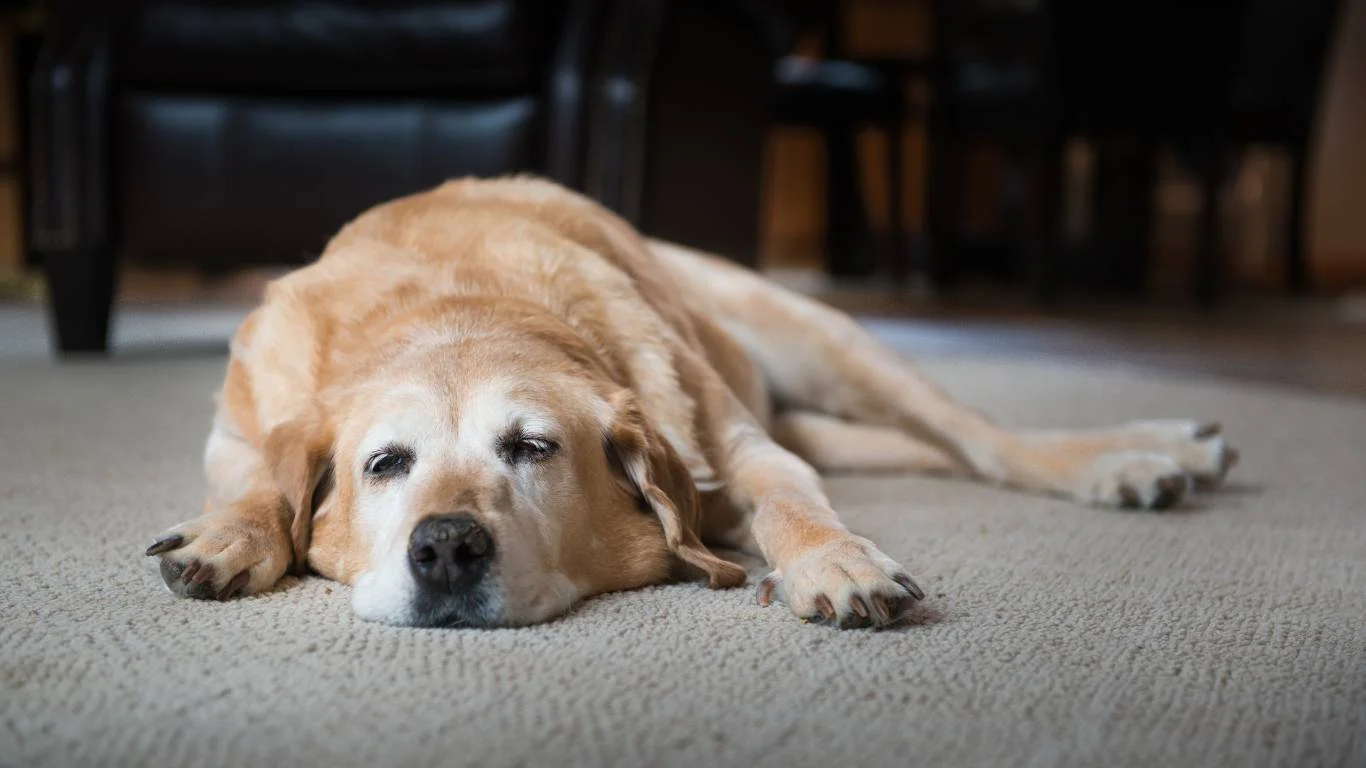
Let’s talk nutrition for a sec—because yes, what your dog eats can absolutely impact their breathing. If your pup has started snoring out of nowhere and you recently switched food, that could be your culprit.
Some ingredients to be cautious of include:
- Grains or fillers – Corn, wheat, and soy can sometimes trigger mild allergic reactions.
- Artificial preservatives or dyes – These can lead to inflammation in sensitive pups.
- Novel proteins – If your dog has never had duck or lamb before, they might not tolerate it well.
If you’re unsure, try keeping a food diary. Jot down everything your dog eats for a week—including treats—and note any changes in snoring, itching, or behavior. I’ve done this with dozens of clients, and it’s amazing what patterns start to show. From there, a vet-recommended elimination diet can help zero in on the problem.
Home Remedies That Actually Help (From Someone Who’s Tried Them All)
Alright, so assuming your vet rules out anything serious, and it’s just a case of mild snoring—what next? Over the years, I’ve picked up a few tricks that work wonders for many dogs, especially when the goal is to reduce snoring naturally and gently.
1. Use a Humidifier
Dry air can really irritate your dog’s nose and throat. I always recommend running a cool mist humidifier near their bed, especially in winter months. Think of it like giving their snout a spa treatment every night.
2. Elevate Their Head Slightly
I’ve had success using orthopedic dog beds with a small pillow or bolster edge. This tiny adjustment helps align the airways better and reduces vibration—the main source of that snore-rumble.
3. Gentle Massage Before Bed
Okay, this sounds silly, but hear me out. Gently massaging the throat and chest can help relax muscles and improve circulation. Dogs love it, and it’s a nice bonding moment. Just don’t push too hard—light fingertips only.
4. Keep Their Sleeping Area Clean
Dust, pet dander, and even scents from candles can build up. I always tell pet parents to vacuum the sleeping space often and skip the plug-in air fresheners. Trust me, your dog’s nose is a lot more sensitive than yours.
5. Maintain a Healthy Weight
It’s not just about the extra fluff. Those extra pounds put pressure on your pup’s airway and organs. A balanced, portion-controlled diet—plus a few more laps around the block—can make a big difference. Ask your vet to help calculate your dog’s ideal weight.
When to Consider Professional Treatments for Snoring
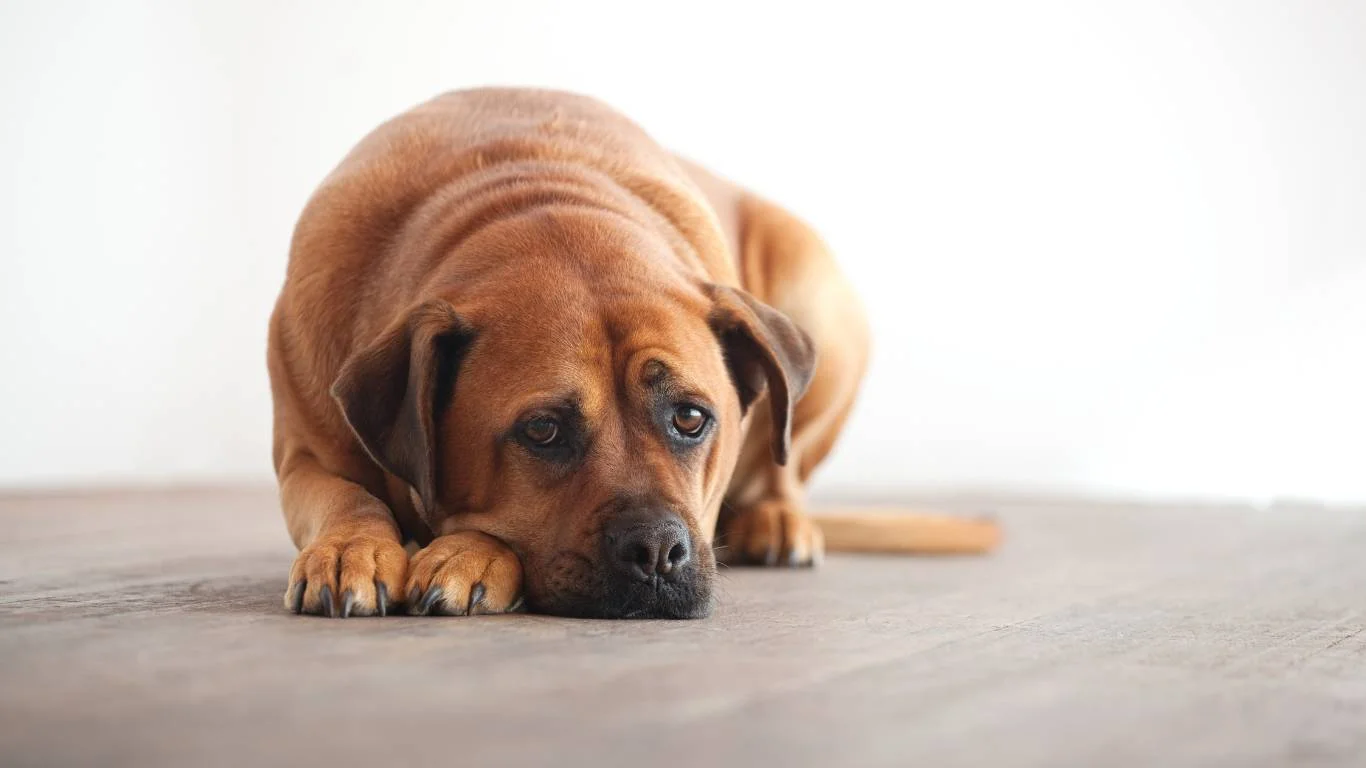
After trying the home remedies and keeping a close eye on your dog’s snoring, sometimes you might still find the noise persistent or worsening. That’s when professional treatments come into play. From my time assisting vets, I’ve seen a few approaches that can make a big difference—especially when snoring stems from anatomical issues or chronic conditions.
Medical Management
If inflammation or infection is at the heart of the problem, vets often prescribe medications like anti-inflammatories, antibiotics, or antihistamines. I’ve noticed that when owners follow through consistently with these treatments, dogs’ breathing sounds improve significantly, sometimes within just days.
Surgical Options
In cases where snoring is caused by structural problems—such as elongated soft palates, nasal polyps, or even tumors—surgery may be necessary. I remember a Bulldog named Jasper who had a severely elongated soft palate restricting his airflow. After surgery, his snoring dropped from an 11 out of 10 noise level to practically silence at night. It’s not a step to take lightly, but it can be a game changer for quality of life.
Physical Therapy & Breathing Exercises
This might sound a bit out there, but some vets and rehab specialists recommend specific breathing exercises or gentle physical therapy for dogs with airway weakness or collapsing trachea. These help strengthen muscles and improve airway tone. As someone who has seen this work firsthand, it’s definitely worth discussing if your dog struggles with labored breathing or persistent snoring.
Preventing Sudden Snoring in Your Dog: Tips From a Vet Assistant
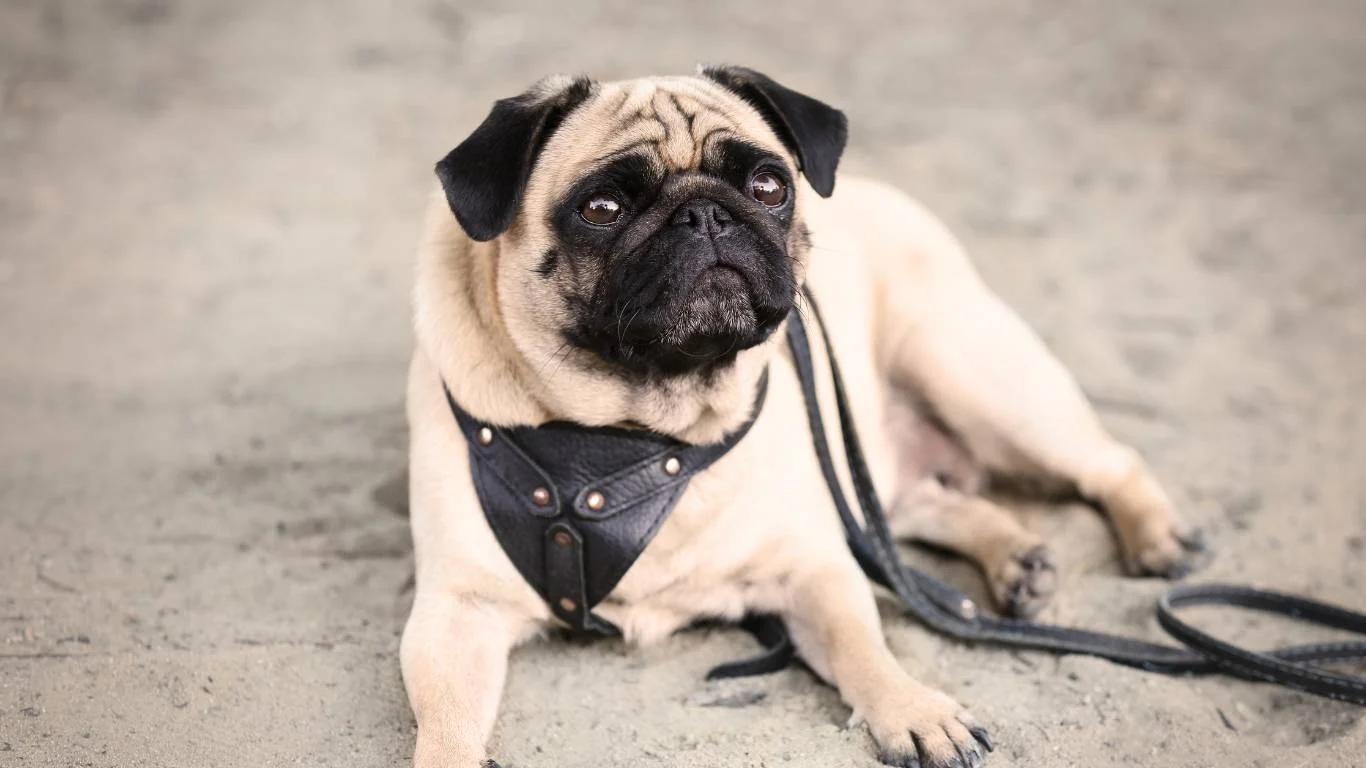
Now, if you’re like me, prevention is way better than cure. While some causes of sudden snoring can’t be avoided, there are plenty of ways you can reduce the chances and keep your dog breathing easy and snore-free.
- Keep Your Dog at a Healthy Weight: Regularly monitor their weight and adjust food portions accordingly. It’s easier to prevent weight gain than to shed it.
- Choose Quality Food: Avoid fillers and allergens. Opt for balanced diets rich in natural ingredients that support respiratory health.
- Maintain Clean Air: Minimize dust, smoke, and strong scents in your dog’s environment. Air purifiers and frequent cleaning can be lifesavers.
- Routine Vet Checkups: Early detection is everything. Annual or bi-annual visits help catch any health issues before they escalate.
- Exercise Regularly: Keep your dog active and fit to promote healthy breathing and cardiovascular health.
- Monitor Sleeping Conditions: Make sure their sleeping area is comfy, supportive, and free from irritants.
In my experience, combining these habits not only reduces snoring but also boosts your dog’s overall vitality. Plus, it feels great knowing you’re proactively caring for your furry best friend.
Final Thoughts on What to Do if Your Dog Starts Snoring Suddenly
Snoring in dogs can be quirky and sometimes amusing—but sudden changes are your cue to pay attention. From minor irritations to serious medical issues, the range is wide. That’s why observing, documenting, and consulting a vet are your best first steps. Personally, I always remind pet parents: you know your dog best. Trust your gut and don’t hesitate to seek help.
Remember, every pup deserves a good night’s sleep—quiet, comfy, and healthy. With the right care, you can ensure your dog snoozes peacefully without any unwanted noises disturbing your home.
References
- American Veterinary Medical Association
- VCA Hospitals
- American Animal Hospital Association
- American Gastroenterological Association
Disclaimer
This article is intended for informational purposes only and does not replace professional veterinary advice. If your dog experiences sudden or severe snoring, breathing difficulties, or other health concerns, please consult a licensed veterinarian immediately. Every dog is unique, and only a vet can provide an accurate diagnosis and appropriate treatment plan.

